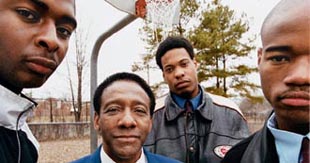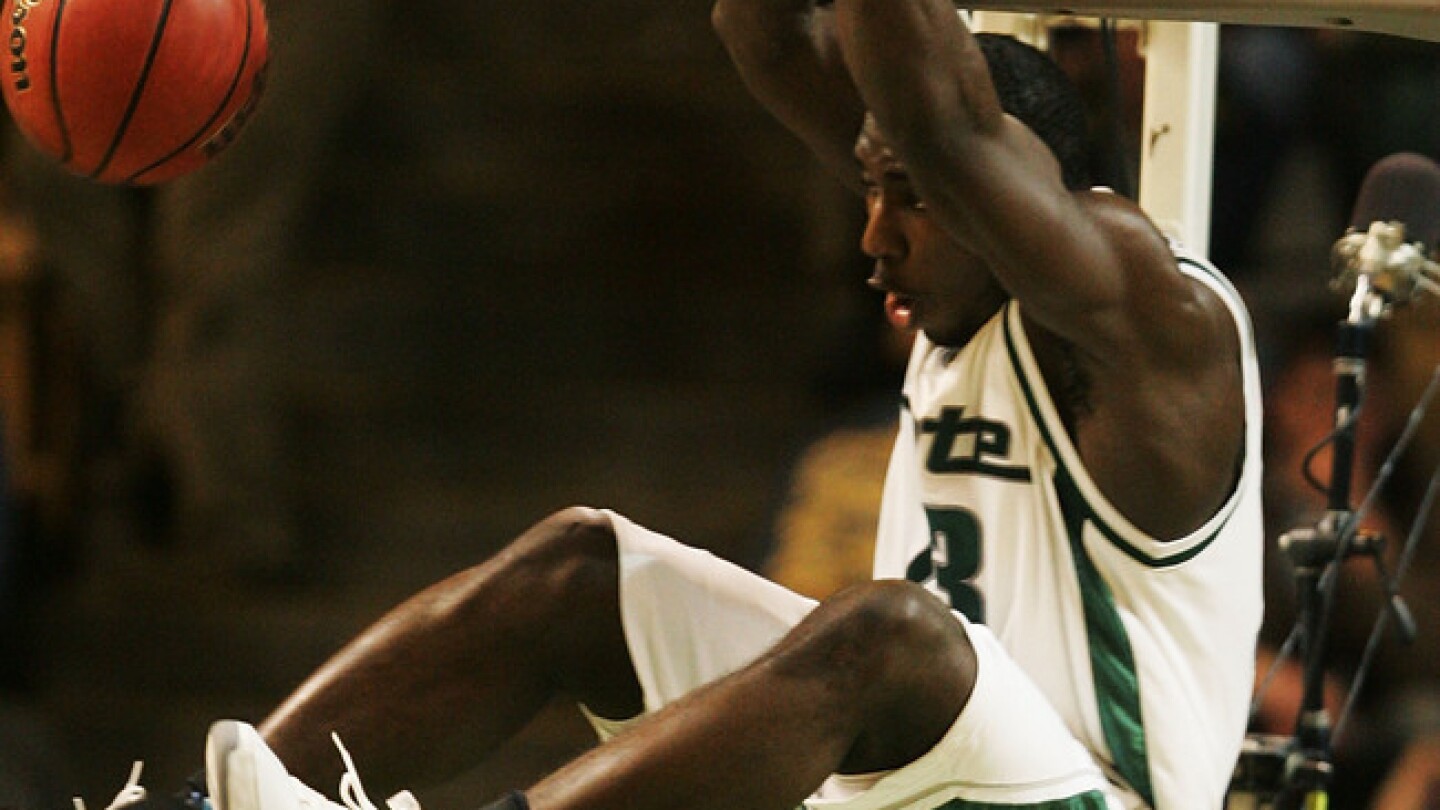- 9,832
- 3,228
- Joined
- Jan 22, 2015
Well at least his Godfather is probably 1 of 4 most powerful Black Men in Sports business period, also from Camden supposedly so I'm sure he'll always be straight
Follow along with the video below to see how to install our site as a web app on your home screen.

Note: this_feature_currently_requires_accessing_site_using_safari


VARNELL HILL
Looking at these dudes now, had this SAME class graduated in 2019, how do you think they would have faired?
As individuals.
Keep in mind The game has changed
Even at the TIME, that was a wild claim,I still remember I was telling everyone in class that Dajuan Wagner was going to be the GOAT, better than MJ


Even at the TIME, that was a wild claim,

InMyMind, what's the full story on Hargett?
Dude is like an urban legend.

Salim. Aaron Miles, also his teammate Michael Lee
That class was both
Can't believe it's been 20 years. Smh
He played varsity as a freshman at Young the year I made last cut as a junior. Dude had talent but it seems like it all went downhill after he transferred.
He played varsity as a freshman at Young the year I made last cut as a junior. Dude had talent but it seems like it all went downhill after he transferred.